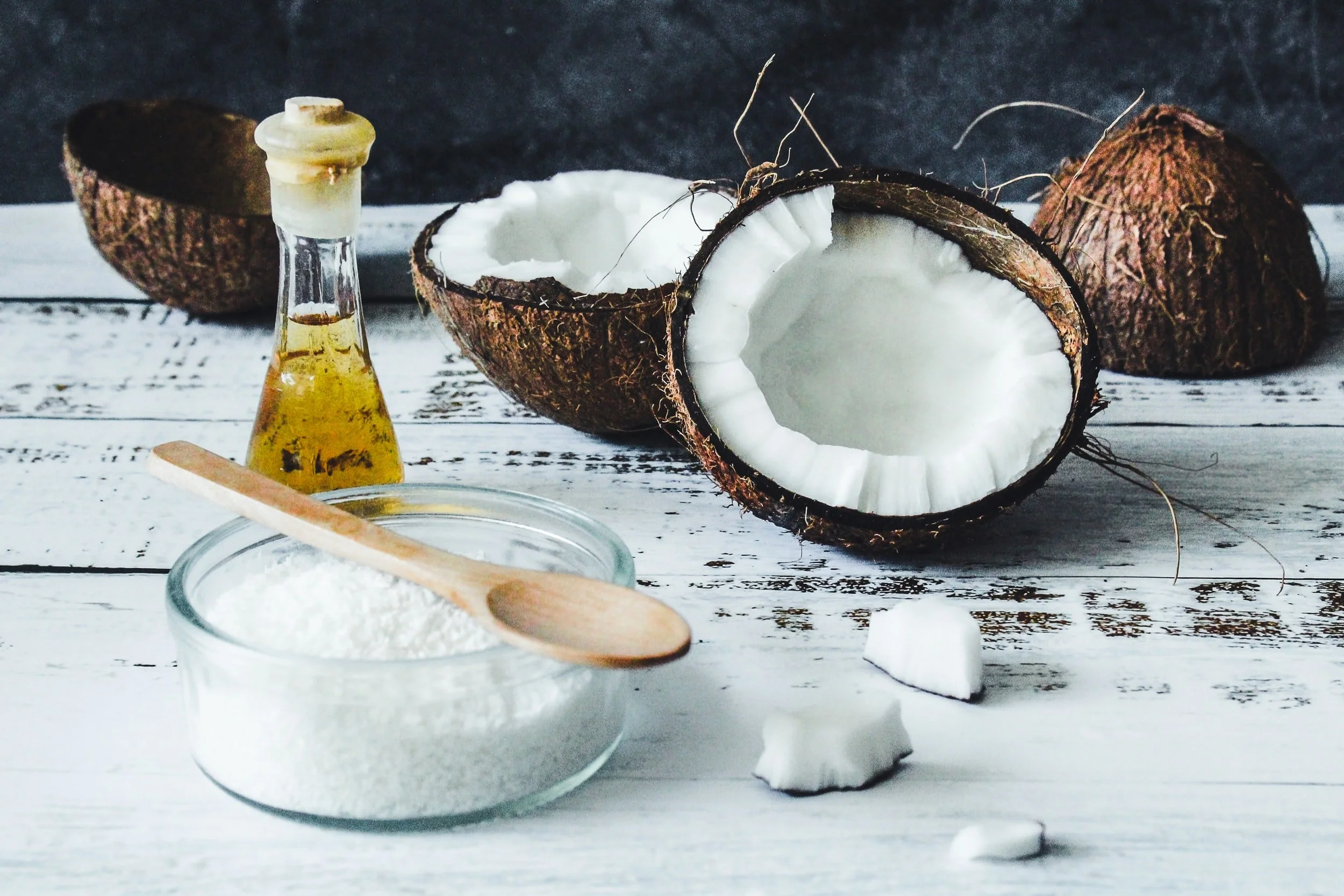Is Coconut Oil Bad?
The American Health Association (AHA) recently sent out a release that coconut oil is bad and it should be replaced by polyunsaturated fats. Their "My Plate" guidelines lists consumption of fruits, vegetables, proteins, grains & small amounts of low-fat dairy. Fat was pretty much eliminated from their guidelines. This is the advice that was given in 1960 and it ignores the many studies that have repeatedly refuted this guideline.
Since this low fat craze started in the 1950's, when vegetable oils began being promoted over saturated fats like butter, Americans have become fatter and sicker and heart disease and cancer have soared. If following the AHA's advice hasn't worked in the last 65 years, it's not likely to start working now.
The AHA reached these distorted conclusions by cherry picking the studies from the 60's and 70's that met their conclusion. They ignored several meta-analyses, produced by independent researchers, that concluded that the evidence for restricting saturated fats was weak or lacking. They rejected studies that were some of the largest trials ever done: the Minnesota Coronary Survey, the Sydney Heart Study and, most notably, the Women's Health Initiative, which was the single largest and most expensive clinical trial ever done. All of these resulted in evidence that refuted the AHA's hypothesis that saturated fat is bad.
In one of the studies they sited for their evidence the researcher had switched saturated fats for polyunsaturated fats (PUFA's) and cut sugar intake down to 50grams daily. The compared group ate whatever they wanted. The group that switched to PUFAs and cut their sugar down had less heart attacks. How do we know the reduction in sugar wasn't what reduced the cardiovascular risk? Also most of the early studies on coconut oil used partially hydrogenated coconut oil, not unrefined virgin coconut oil that is most commonly used today.
"A recent study published in The BMJ reanalyzed data from the Minnesota Coronary Experiment (MCE) that took place between 1968 and 1973, after gaining access to previously unpublished data. This was a double-blind, randomized controlled trial to test whether replacing saturated fat with vegetable oil (high in linoleic acid) would lower cholesterol levels, thus reducing heart disease and related deaths. Interestingly, while the treatment group did significantly lower their cholesterol, no mortality benefit could be found. In fact, for each 30 milligrams per deciliter (mg/dL) reduction in serum cholesterol, the risk of death increased by 22 percent. Swapping saturated fat for vegetable oil also had no effect on atherosclerosis rates or heart attacks."
So the conclusion of the AHA is more motivated by the income they are paid to have the AHA heart healthy approval applied to the packaged food than actual true research.
This information was summarized from a article in mercola.com. You can copy the link below and paste it in your URL. Sorry the link is not attached.
https://articles.mercola.com/sites/articles/archive/2017/07/05/aha-avoid-saturated-fats.aspx


